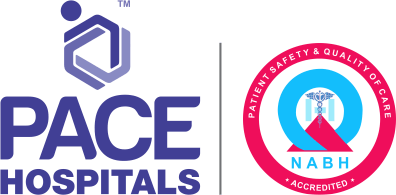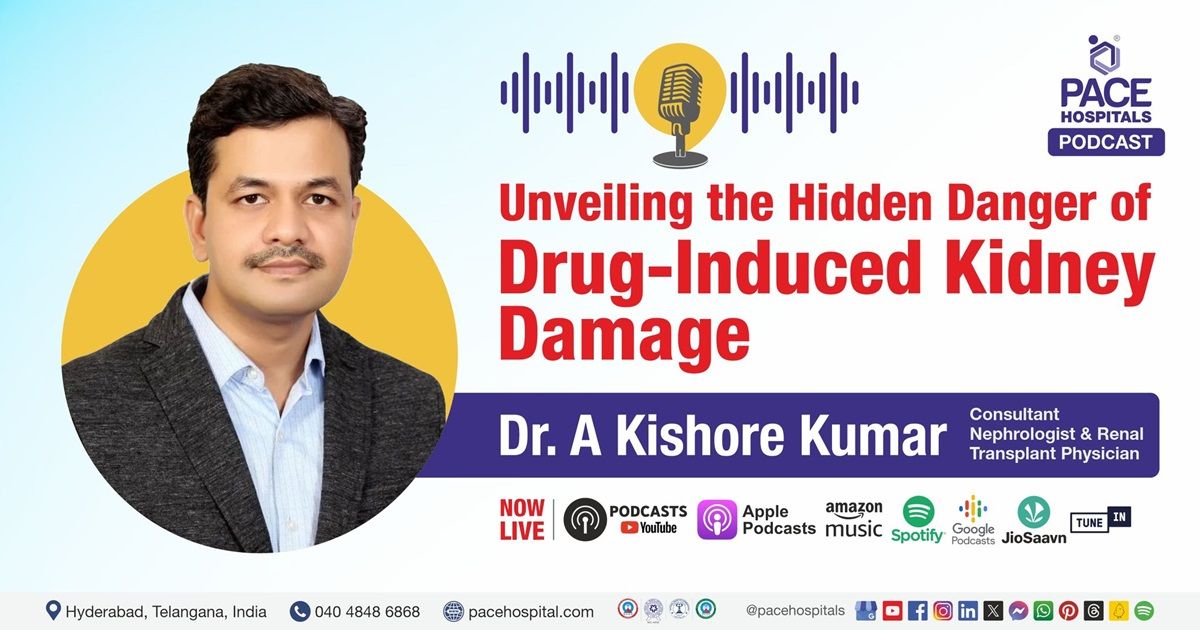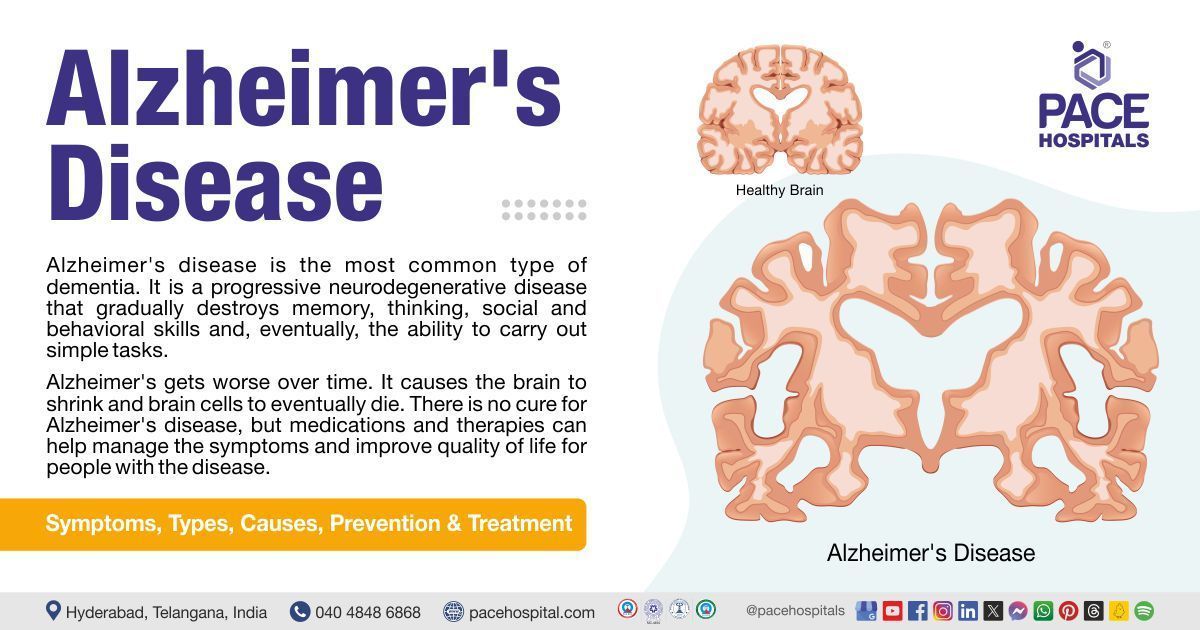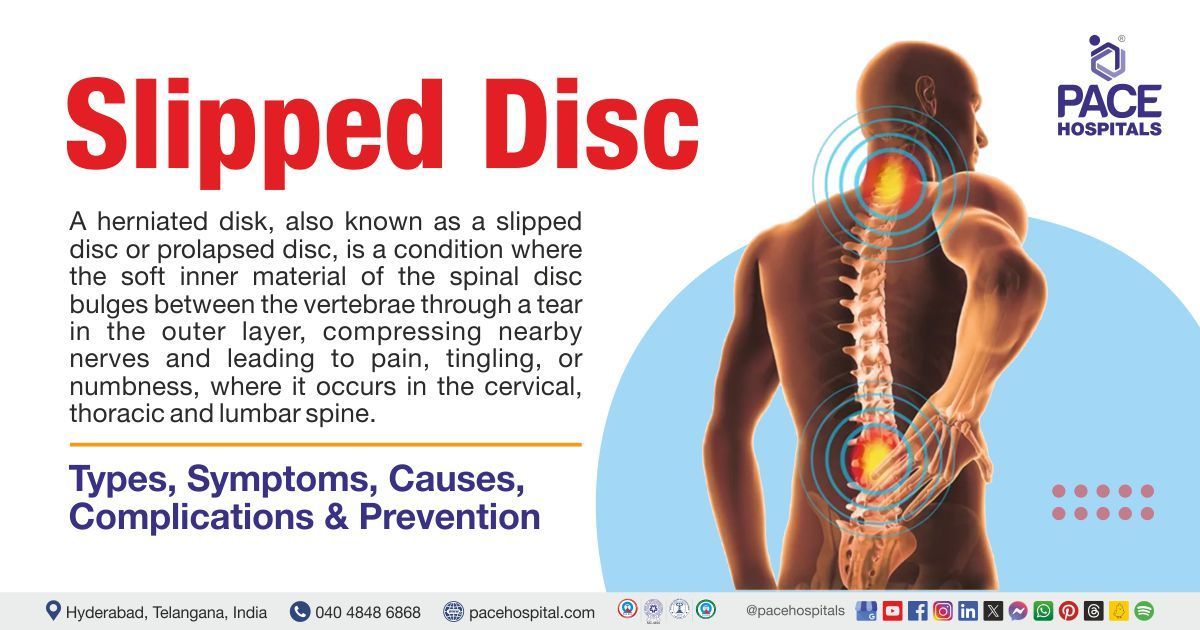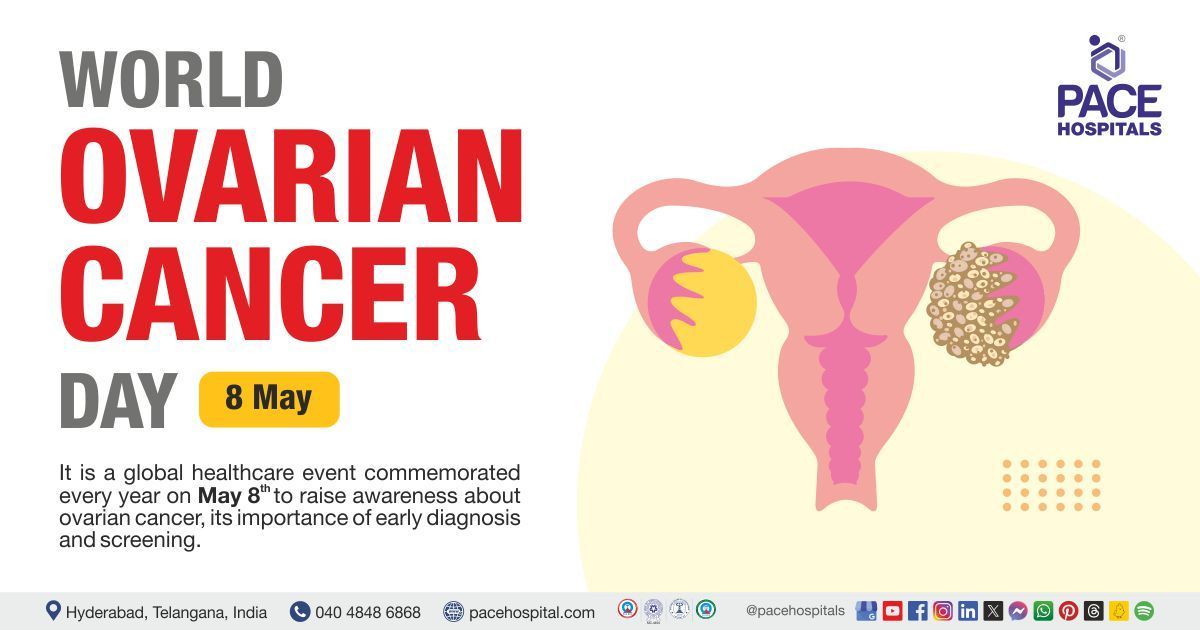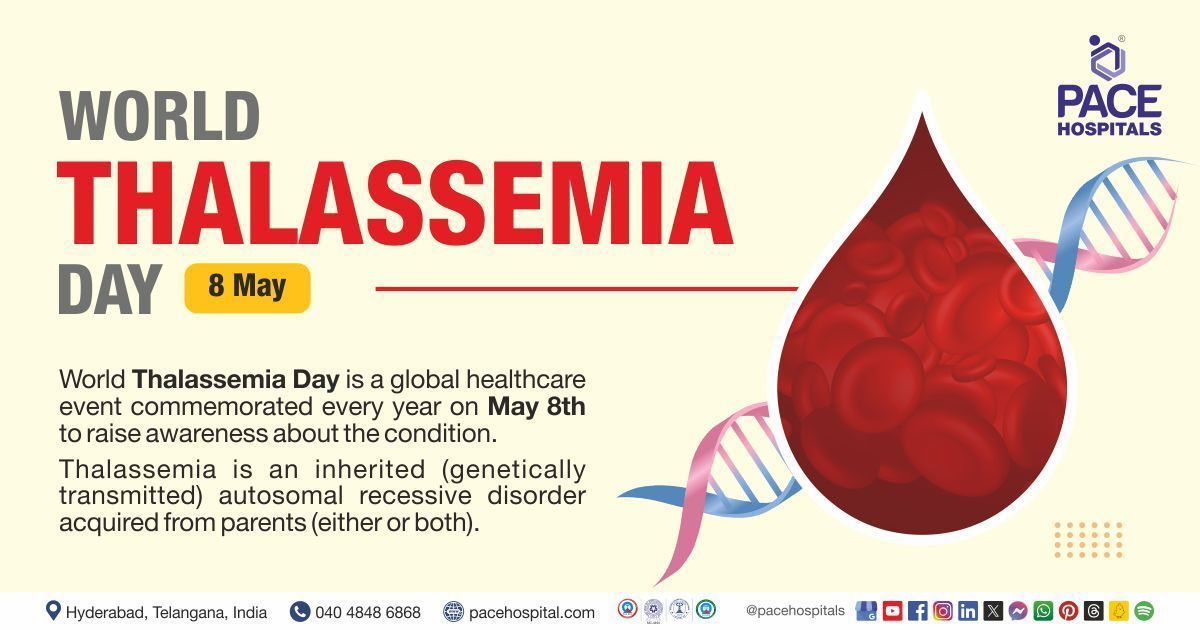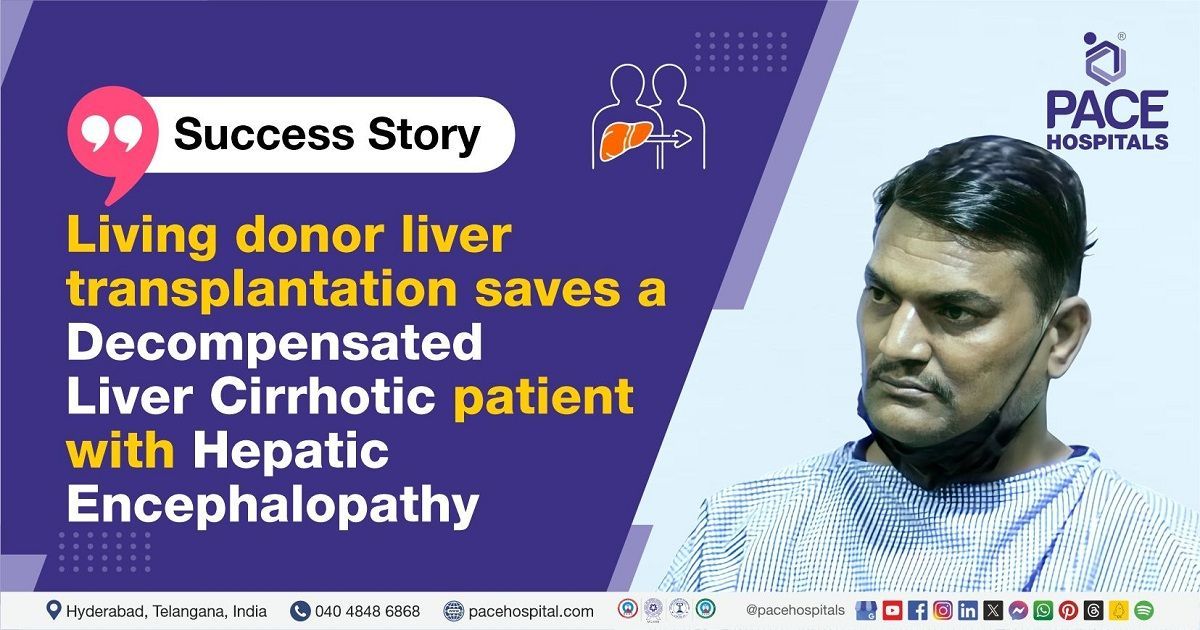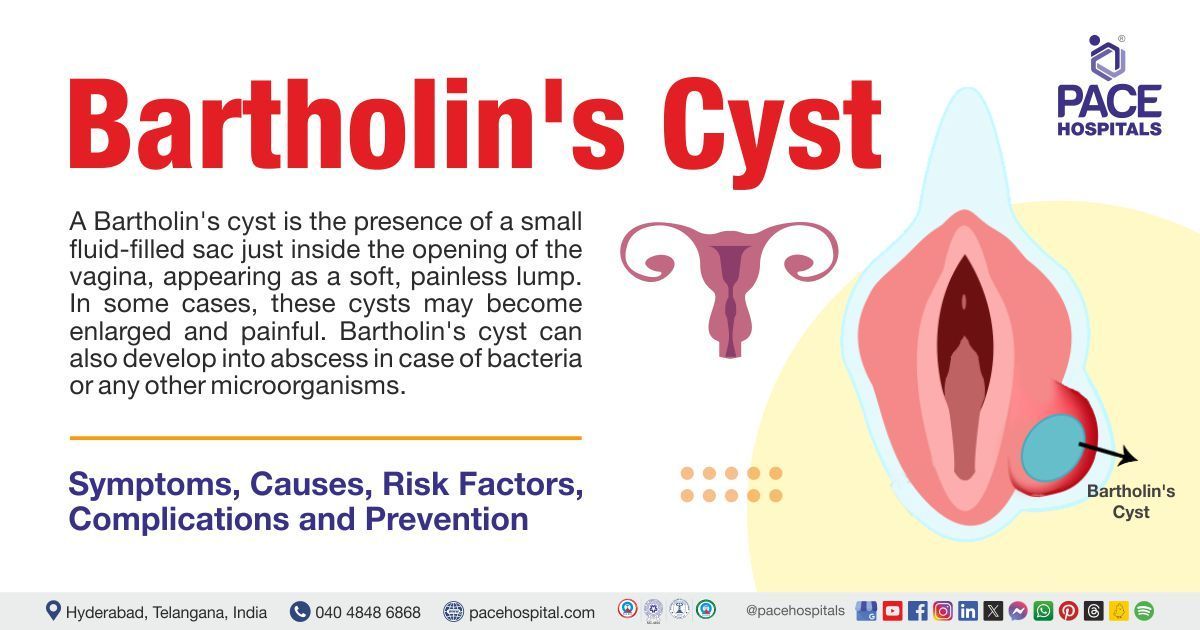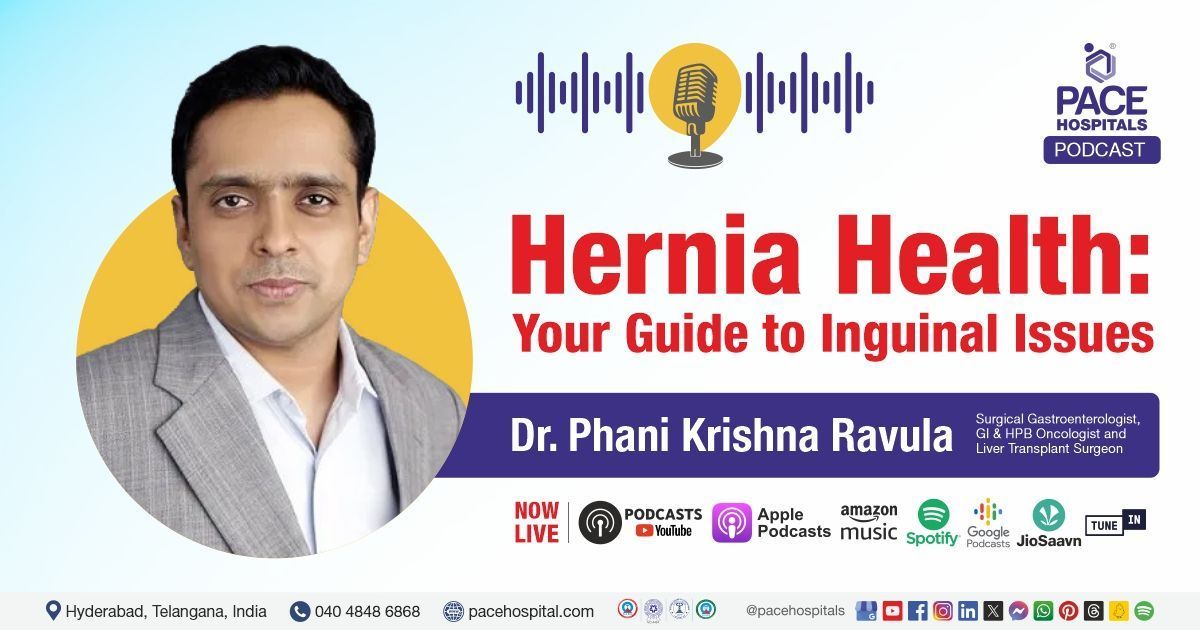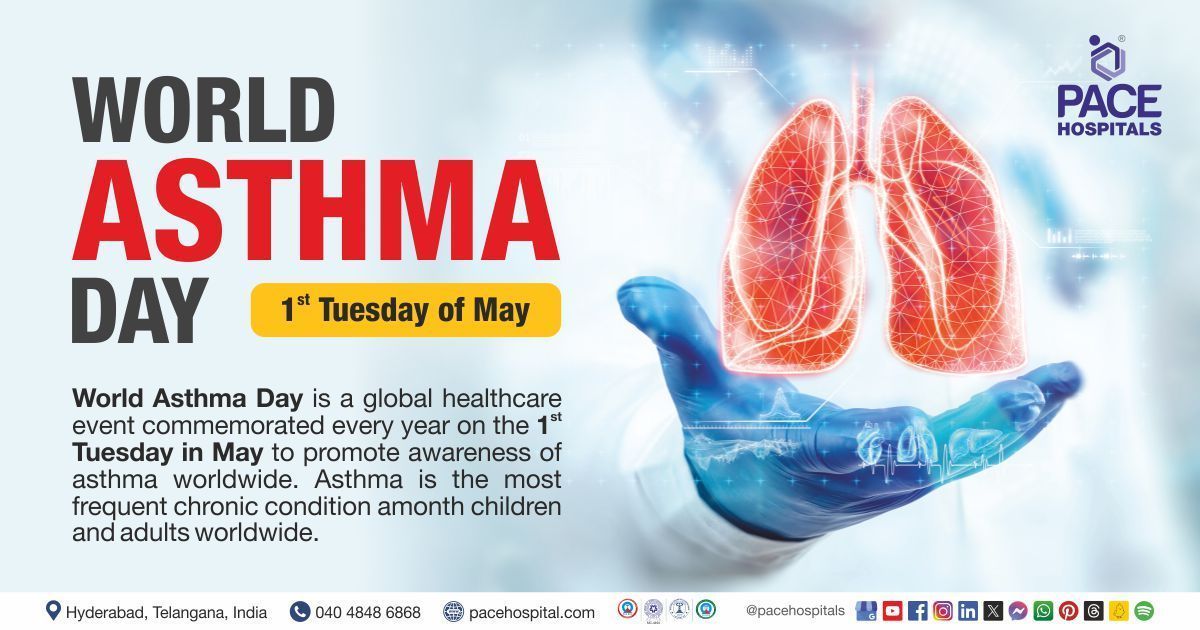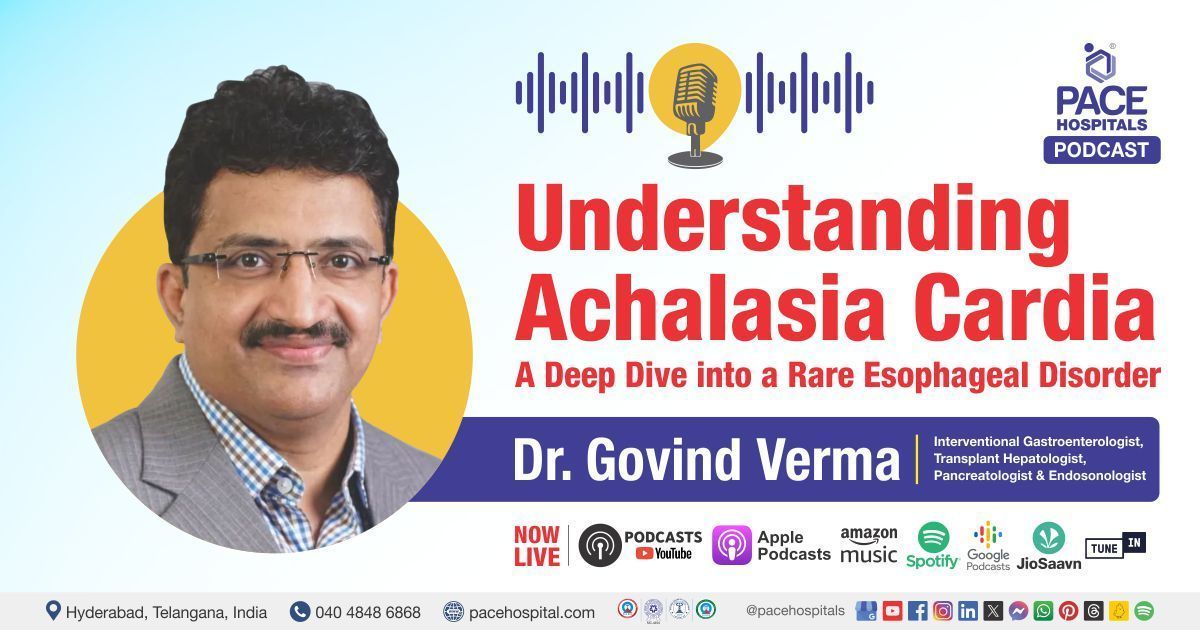Unveiling the Hidden Danger of Drug-Induced Kidney Damage
Listen to
-
Transcript
Welcome everyone to PACE Hospitals podcast. Today we are diving into a potentially hidden threat, drug induced kidney damage. It's a topic that might not be top of mind, but it's surprisingly common and the consequences can be serious.
Our kidneys play a vital role in maintaining our overall health, but certain medications can pose risk to these essential organs.
Joining us today, Dr. Kishore Kumar, consultant nephrologist and kidney transplant physician who has expertise in treating wide range of kidney diseases.
Thank you Dr. Kishore Kumar for joining us at PACE Hospital's hi- tech city.
Thank you. It's a pleasure to be here and shed light on this crucial issue that is often misunderstood. In this podcast, we will be discussing about an important topic of drug induced kidney damage.
Drugs or medications have become the part of day to day life and are used commonly to treat infections, body pains, gastric complaints and many other reasons. These medications do carry risk of side effects out of which kidney damage is an important one. We will discuss about the common drugs which can cause kidney damage, mechanism by which they cause kidney damage, symptoms and ways to identify it. We will also discuss about the treatment and most importantly about the precautions we need to take to avoid kidney damage due to the medications or drugs.
Are over the counter medicines always safe to take?
Sometimes not in every person, these drugs can cause kidney problems. The kidney problems they can cause can be acute or it can be chronic, acute in the sense the kidney problem will be there for less than three months duration or if the kidney problem persists for more than three months, it is called as chronic kidney disease, so the risk of this drug induced kidney damage is more in patients who are admitted in hospitals, especially those patients who are admitted in icus, so the risk is around 15% to 25%, so almost one fourth of the patients who are admitted in hospitals are at risk of this drug induced kidney damage, so we should know about this drug induced kidney damage so that we can prevent in us.
What are the different types of drugs that can damage the kidneys?
So there are n number of medications which are advised for patients for their various health conditions, but the important groups of drugs which can cause kidney damage can be categorized as follows.
The first one is antibiotics, antivirals or antifungal medications, these are the medications which are given for infections, whether it is a bacterial infection or viral infection or fungal infections.
So in the antibiotics, usually the penicillin group of drugs like amoxicillin or cephalosporins like ceptriazone or cephexim or cephrodoxime, these are the drugs which are usually culprits for this drug induced kidney damage.
In the antiviral drugs like ac clover, so what I'm mentioning are few examples so that you all will get an idea about the drugs. This list is not exhaustive; this is only an example what I mean to tell is that these are only examples of the drugs which can cause kidney damage.
So there are other antifungal medications also, like amphotericin B, so these are all the antibacterial or antifungal or antiviral drugs.
The second category is the painkiller medications, so this category is very, very important because these are the drugs which are available over the counter and can be misused, especially in patients who have chronic symptoms of back pain or who are suffering from joint pains or knee pains.
They may unknowingly use these medications for longer duration, ultimately ending up in kidney failure,so the important group of medications under the painkillers is the NSAIDS, which stands for non-steroidal anti-inflammatory drugs. The most important examples of this group are ibuprofen, diclophenac, acyclophenac, so these are the drugs which are usually available over the counter. Chronic paracetamol overdose can also cause kidney damage; this also we need to keep in mind.
Now coming to third important category. This third category is also very, very important and it is usually used very commonly in almost majority of the patients who visit to hospital. This category is the antacid group of drugs. The important group of medications in this category is proton pump inhibitors like pantoprazole, omiprazole, lansoprazole. These are the drugs which we use day in and day out for our acidity problems or indigestion problems, so these drugs, if they are used excessively or if they are misused, can also cause kidney damage along with other problems.
Now coming to other category of drugs, the other category of drugs are like chemotherapeutic medications, which are the medications which are used in patients suffering from cancers.
The examples are like cisplatin, iphosphomide. These are the drugs which can cause kidney damage. The other important categories which can cause categories of drugs which can cause kidney damage are the antiseizure medications, the medications which are given for patients who are suffering from seizures or fits. And the other category is the immunosuppressive medications.
These medications are given for patients who are suffering from autoimmune diseases, the examples like cyclosporin or tacholumus these are the drugs that can cause kidney damage.
Whatever groups of drugs which I have mentioned, this is not the whole list of drugs which can cause kidney damage, but these are the important categories which are commonly used in patients.
What are the mechanisms of drug induced kidney injury?
So, before knowing the mechanism, we should know about the structure of the kidney, because these drugs can act at different levels in the kidney and damage the kidney. So, if you take the structure of a kidney, each kidney has around 1 million units called as nephrons and each nephron has a small globular or a spherical structure, which is called as glomerulus and in that glomerulus, blood is filtered to produce a filtrate.
This filtrate, from that glomerulus, it is passed on into a tube that is called as tubule, so this tubule which is connected to the glomerulus, will ultimately lead to the formation of urine, so the filtrate which is produced from the glomerulus while it is passing into the tubule, some of the important chemicals or whatever electrolytes are absorbed from that or secreted into it from the tubule, and ultimately urine is formed.
So, this structure, to know this structure is important because few of the drugs which I have mentioned can affect the tubules and few of the drugs which I have mentioned don't affect the tubules.
Why kidney is more sensitive to this kidney damage from the drugs?
This is because kidney, apart from producing urine, it also has another important function, that is the metabolism, metabolism of the drugs.
The drugs which we take are excreted from the body in the urine, or sometimes they are metabolized to inactive metabolites. Okay, so active drug which we take is broken down into an inactive component, and ultimately it is excreted. So, kidney is exposed to almost all of the drugs which is taken by us, whether to excrete or by metabolization.
So ultimately, kidney, in that way, will get affected. So if we take the mechanisms, the first mechanism is the tubular injury. So I have mentioned about tubule, which is connected to the glomerulus, so from the glomerulus, the blood is filtered, urine is produced, and it will come into the tubule. There are few categories of drugs that drugs can directly damage these tubules.
The cells which are present in the tubules can get damaged. Examples of these drugs are like antibiotics, like example, amicacin or antivirals, which can be tenophovir or antifungals, amphotericin B and NSAIDS, non-steroidal anti-inflammatory drugs, which I have mentioned like ibuprofen or acyclophenac, they can also damage the tubules.
So these are the important drugs which can cause the damage to kidney by directly damaging the tubules. Coming to other mechanism, the second one is called as interstitial nephritis, so before coming to interstitial nephritis, one more important point about this acute tubular injury is this damage is dose dependent and duration dependent, which means that if we take large amount of doses or if we take the drug for longer duration of time, the risk of kidney damage increases with these drugs compared to people who take these drugs for shorter duration and with lower dose.
So people who take the drug for lesser duration and the lower dose, they are at less risk of tubular damage compared to patients who take in larger doses and who take for longer duration. This we need to keep in mind. This is because the second type of category is the interstitial nephritis. This interstitial nephritis is not dose or duration dependent. This is basically an allergic reaction. So we all know about allergies. Like many people are allergic to dust or cockroaches or pollution. So they may get rhinoria like running nose, they may get cough or they may develop skin rashes.
This is one example of allergic reaction, so here it is just the exposure of that allergen to the body will lead to these symptoms, it is not the amount of exposure because all these patients are already sensitized to that allergen.
In the same way, patients who are having the interstitial nephritis, this is basically an allergic reaction to the kidney, so it is not dose dependent. Even sometimes lesser dose exposure can also lead to interstitial nephritis. In the interstitial nephritis, what will happen is, this drug which we have taken will act as an allergen allergen and it will lead to stimulation of our immunity and that immune damage will lead to the kidney damage.
So this is the second category, the second category. In the second category.
What are the medications that can cause allergic interstitial nephritis?
If you see the medications, the first one is the antibiotics like penicillin, penicillin group of drugs or cephalosporin group of drugs which we commonly use over the counter can cause this interstitial nephritis, or again the NSAIDS like painkillers can also cause this interstitial nephritis.
The third one is, the most important one is the antiaciid medications like pantoprazole, omiprazole they can also cause the allergic interstitial nephritis. So this is the second mechanism by which kidney can get damaged, coming to the third mechanism.
Third mechanism is sometimes the drugs which we take can get crystallized and they can form small precipitates in that tubules and that can damage that tubule or block the tubule of the nephron. So this is the third mechanism.
In the third mechanism, usually the antiviral drugs are there, and sometimes chemotherapy drugs can also cause this type of damage. The fourth mechanism is the kidney as such, will not be damaged. In the fourth mechanism, the blood supply to the kidney will be decreased.
So if the blood supply to the kidney is decreased, kidney will lead to the kidney will not function properly and there will be less filtering of blood and that will lead to again increase in the creatinine or renal parameter, so the category of medications which can cause this type of damage are used in day to day life like the blood pressure medications like angiotensin receptor blockers or angiotensin converting enzyme inhibitors, like examples being telmasartan, losartan or ramipril, or sometimes a newer category of drugs like SGLT-2 inhibitors like dapaglyflocin.
These are commonly used for almost all the diabetic patients. So one precaution which is important in all these patients who are taking this telmisatan or losatan or dapaglyflocin, is that these medications should not be used if the patient is not well, like if they are dehydrated or if they are having vomiting, loose motions, or if they are about to undergo a surgery or if they are suffering from fever during which their intake is decreased.
Basically during all these episodes, like during vomiting or fever or before surgery, there will be dehydration. Basically, if the patient is not taking properly food, or if they are losing water from the body in vomitings or loose tools, there will be less blood in the body.
As such, less blood means that less blood is going to kidneys and if we are taking these medications which can decrease the blood supply, we are further decreasing the blood supply to the kidney. So any patient who is taking this dapaglyflocin or angiotensin receptor blockers or inhibitors, they should not be taken during the times of illness. This is an important thing which should be kept in mind.
Who is at risk of drug induced kidney damage?
So, as I have mentioned previously, any person can get this kidney damage at any time because of the drugs, but there are few categories of people who are at increased risk, especially from the medications which can damage the tubules.
So the first category is the patients who are hospitalized, because these patients are given multiple medications for their illness and as I have told, any medication can cause the kidney damage and if we are giving multiple medications to these patients, they are at more risk of kidney damage.
Along with that, people who are old and people who are suffering from diabetes, they are also at increased risk of kidney damage from the drugs.
The fourth category is people who are suffering from kidney damage already their kidneys, if they are not functioning properly, if we give them these medications like painkillers, or the drugs which can damage the kidneys in excessive doses or for longer duration, they are also at increased risk of kidney damage.
The other categories of people who are at increased risk are people who are suffering from liver failure or patients who are having heart failure, so they are also at increased risk and if the drug is given for longer duration or if the drug is given in higher doses, those patients are also at higher risk of kidney damage.
The other group of patients, as I've already mentioned, those patients are patients who are having dehydration, dehydration episodes like vomiting’s, loose motions, or illness where their intake is less.
So these are the people who are at increased risk of drug induced kidney damage and sometimes there may be rare genetic factors which will lead to increased risk in specific set of population.
What are the signs and symptoms of drug induced kidney damage?
So if you take the symptoms, one thing I have to tell upfront, usually the drug induced kidney damage is asymptomatic, asymptomatic in the sense patient will not have any symptoms, usually in majority of the patients, because the rise in creatinine is not so dramatic, so that the total kidney fails, mild increase in creatinine, like from one to two, is also significant for the patient. But patients may not have any symptoms. So this is the first thing which we need to keep in mind.
The other symptoms which can be present if the patient develops kidney damage or kidney failure are like some patients can have decreased urine output, they can have swelling of the feet or face, they can have fatigue, or they can have weakness, or they can have loss of appetite, itching in the body, or vomiting.
So these are the important symptoms of kidney damage, which are usually not seen in patients with drug induced kidney disease, in majority of them, not everyone, majority of them won't have any symptoms.
How is drug-induced kidney damage diagnosed?
If a patient presents with symptoms of kidney damage, then it is obvious that patient is having kidney failure, and the doctor will look into their drug history or medication history, and they will be assessing the patient as a whole to look to see whether there are any other risk factors for the kidney damage, and if there are no other risk factors, and if the drug is causing that kidney damage, they will usually attribute the kidney damage to drug induced kidney disease.
If patient is not having any other illness which can damage the kidney, or if their kidney size is normal, and if their urea and creatinine levels are increased, and if they are previously normal, and now after starting the drug, if they have increased, then if the patient is taking any drug which can damage the kidney in an excess dose or for longer duration. So all these factors are taken together by the nephrologist to identify whether the drug is causing the kidney damage or not.
Sometimes there will be no clarity, even after taking all these things into consideration. Then a kidney biopsy is done to see whether there is any tubular damage or an allergic reaction inside the kidney, or if there are any crystals formed inside the kidney from the drugs to identify if the drug is the culprit for that kidney damage.
What are the treatment options for drug induced kidney damage?
If we diagnose a drug induced kidney disease, the first and the foremost thing is to stop that drug, the culprit drug. So the doctor's job, the nephrologist job here is to identify which drug is causing that kidney damage and immediately stop it. If that drug cannot be stopped, then he will assess whether the patient is taking the adequate dose, or if the patient is taking very higher dose, or if he's taking for longer duration, then he may decrease the dose of the drug, usually by doing these measures, by following these measures, like decreasing the drug or cutting shock, the duration of the treatment, the kidney function recovers.
Sometimes even after stopping the drug or decreasing the dose of the drugs, the kidney function may not recover. If the kidney function recovers, usually within a week that is fine, If it is not recovering, then we may have to give something called as steroids. So these corticosteroid medications are used in patients who are having biopsy proven interstitial nephritis for the recovery of the kidney.
So if we take the treatment, the first thing is to identify the drug immediately stop it, if you are not able to stop it, decrease the dose which is effective, or cut short the duration of the treatment.
If these two measures are not effective, then if biopsy is showing interstitial nephritis, then steroids can be given to this patient. So this is decided by the nephrologist treating the patient.
What can people do to protect their kidneys from drug damage?
So, as I have already mentioned, interstitial nephritis is an allergic reaction which can happen to any person anytime, even with a single dose that type of injury may or may not be prevented, but the tubular damage, the drugs which can damage the tubules, and this type of injury which is dose and duration dependent, can be prevented. So before taking any medication from the doctor, you have to inform the treating doctor about all the comorbidities or all the medical conditions which you are suffering from, like whether it is diabetes mellitus or it is a chronic kidney disease, or if you are taking any other medications, even if they are painkillers, or any ayurvedic or homeopathic or any other alternative medications. Because there can be unknown interactions between the drugs which can lead to excess levels of the medications in the blood which can lead to kidney damage and the other things which you have to do is after informing your all conditions to the doctor, you have to be very vigilant, vigilant for the symptoms.
If you are developing any new symptoms after starting this drug, you have to inform the doctor right away so that he will do the routine blood test like urine examination or kidney function test, and then he will identify if the kidneys are damaged and then he will decrease the doses of the drugs or change the drugs appropriately.
And then the third thing which you have to do is if the doctor prescribes a routine blood investigations after starting a drug, it is your duty to get those tests, because any test which is prescribed by doctor will be prescribed for a reason, to identify if the drugs are causing a damage to kidney or not.
The most common example for this is after starting angiotensin receptor blockers like losartan telmisatan or SGLT-2 inhibitors like dapaglyphosin, we usually repeat a creatinine of the patient or potassium level after a week to ten days. This is a usual standard protocol because we don't know which patient is how much sensitive to that drugs. So these are the precautions which we can take. So the other important precaution which we can take is by staying hydrated adequately because I have already mentioned states of dehydration can further precipitate the kidney damage from these drugs, so staying hydrated is important while taking the drugs which can cause kidney damage. So this is in short about kidney damage from drugs and by after gaining this knowledge, I hope you all will be vigilant while taking any of the medications over the counter, especially painkillers, painkillers, painkillers. I am repeating three times because we have seen many numbers of patients who have taken painkillers for long duration and ultimately landed in kidney failure.
Thank you Dr. Kishore Kumar for shedding light on drug induced kidney damage and offering valuable insights on prevention to our listeners.
I hope this information helps listener to practice informed purchasing of over the counter drugs to avoid the further side effects of medicines on kidneys. Be informed. Keep your kidneys healthier. Thank you.
If any of you have any further questions regarding drug induced kidney damage, please don't hesitate to consult a nephrologist and be aware of the medications you are taking and the impact on your kidneys. Stay tuned for more preventive healthcare discussions on Pace hospital's podcast. And until next time, stay hydrated and be kind to your kidneys.
Drug-induced kidney disease refers to damage to the kidneys caused by medications. The kidneys play a crucial role in filtering and eliminating waste products from our blood, and certain drugs can disrupt this delicate balance, leading to kidney dysfunction or damage. In this episode of the Drug-induced Kidney Disease Podcast, we will unpack how medications play a crucial role in managing various health conditions, and it is essential to be informed and vigilant about potential side effects, especially those affecting the kidneys.
Surprisingly, it's more common than one might think. Up to 20% of acute kidney injuries are linked to medications. From prescription pain relievers to antibiotics, even some herbal remedies, the list of potential culprits is vast. Early detection is key to preventing serious damage. But identifying drug-induced kidney problems can be tricky. Let's empower ourselves with strategies to protect our kidneys from drug-induced damage.
Join our PACE Hospitals Podcast episode with Dr. Kishore Kumar - Consultant Nephrologist and Kidney Transplant Physician at PACE Hospitals, Hitech City, Hyderabad, India, to inform purchasing of over-the-counter drugs to avoid the further side effects of medicines on kidneys.
Request an appointment
Fill in the appointment form or call us instantly to book a confirmed appointment with our super specialist at 04048486868
Appointment request - health articles
Thank you for contacting us. We will get back to you as soon as possible. Kindly save these contact details in your contacts to receive calls and messages:-
Appointment Desk: 04048486868
Whatsapp: 8977889778
Regards,
Pace Hospitals
Hitech City and Madinaguda
Hyderabad, Telangana, India.
Oops, there was an error sending your message. Please try again later. We will get back to you as soon as possible. Kindly save these contact details in your contacts to receive calls and messages:-
Appointment Desk: 04048486868
Whatsapp: 8977889778
Regards,
Pace Hospitals
Hitech City and Madinaguda
Hyderabad, Telangana, India.
Our Locations
Subscribe to our newsletter and stay updated with the latest health information.
By clicking on subscribe now, you accept to receive communications from PACE Hospitals on email, SMS and Whatsapp.
Subscribe to PACE Hospitals News
Thank you for subscribing. Stay updated with the latest health information.
Oops, there was an error. Please try again submitting your details.
-

Payment in advance for treatment (Pay in Indian Rupees)
For Bank Transfer:-
Bank Name: HDFC
Company Name: Pace Hospitals
A/c No.50200028705218
IFSC Code: HDFC0000545
Bank Name: STATE BANK OF INDIA
Company Name: Pace Hospitals
A/c No.62206858997
IFSC Code: SBIN0020299
Scan QR Code by Any Payment App (GPay, Paytm, Phonepe, BHIM, Bank Apps, Amazon, Airtel, Truecaller, Idea, Whatsapp etc)
Call us at 04048486868
ADDRESS
PACE Hospitals
Hitech City : Beside Avasa Hotel, Pillar No. 18, Hyderabad - 500081
Madinaguda: Mythri Nagar, Beside South India Shopping, Madinaguda, Hyderabad - 500050
QUICK LINKS
Disclaimer
General information on healthcare issues is made available by PACE Hospitals through this website (www.pacehospital.com), as well as its other websites and branded social media pages. The text, videos, illustrations, photographs, quoted information, and other materials found on these websites (here by collectively referred to as "Content") are offered for informational purposes only and is neither exhaustive nor complete. Prior to forming a decision in regard to your health, consult your doctor or any another healthcare professional. PACE Hospitals does not have an obligation to update or modify the "Content" or to explain or resolve any inconsistencies therein.
The "Content" from the website of PACE Hospitals or from its branded social media pages might include any adult explicit "Content" which is deemed exclusively medical or health-related and not otherwise. Publishing material or making references to specific sources, such as to any particular therapies, goods, drugs, practises, doctors, nurses, other healthcare professionals, diagnoses or procedures is done purely for informational purposes and does not reflect any endorsement by PACE Hospitals as such.
